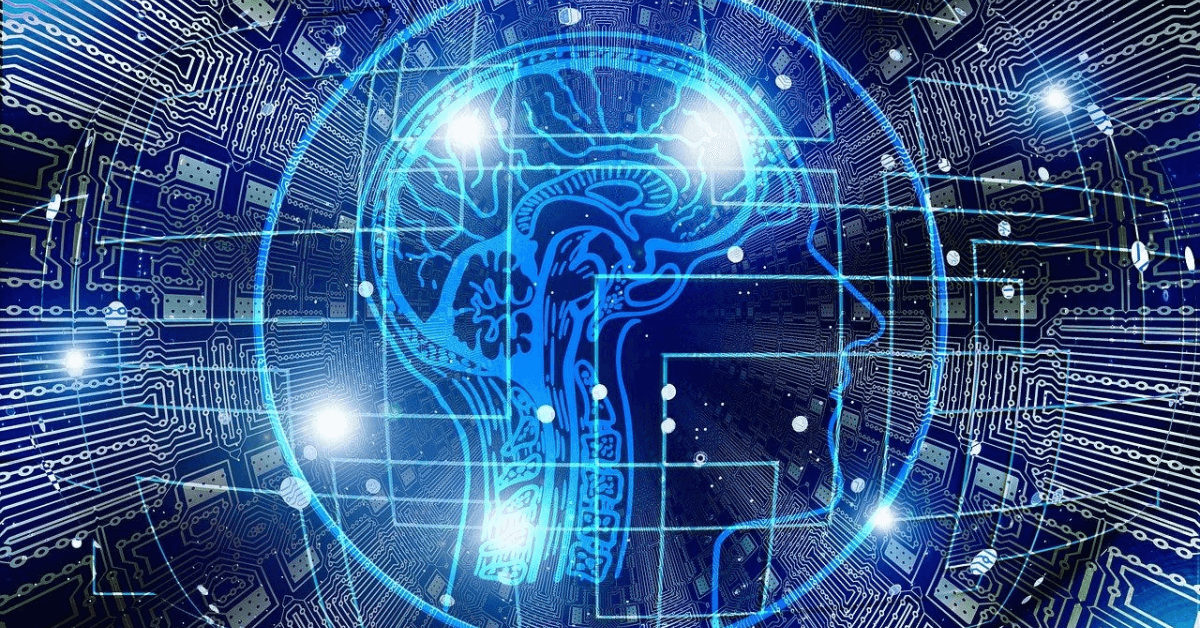In today’s fast-paced world, technological advancements are reshaping the way we live, work, and interact with the world around us. One such advancement that is revolutionizing various industries is the emergence of Intelliscient Technologies. Harnessing the power of artificial intelligence (AI), machine learning, data analytics, and deep learning, Intelliscient Technologies are paving the way for unprecedented innovation and efficiency.
Introduction to Intelliscient Technologies
Intelliscient Technologies refer to the integration of advanced technologies like AI, machine learning, and data analytics to develop intelligent systems capable of learning, reasoning, and making decisions autonomously. These technologies enable computers to mimic human cognitive functions, thereby transforming raw data into actionable insights.
Understanding Artificial Intelligence
Artificial Intelligence, commonly known as AI, is the simulation of human intelligence processes by machines, especially computer systems. AI encompasses various techniques like natural language processing, computer vision, and robotics to perform tasks that typically require human intelligence.
Role of Machine Learning in Intelliscient Technologies
Machine learning is a subset of AI that enables computers to learn from data and improve their performance without being explicitly programmed. In Intelliscient Technologies, machine learning algorithms analyze vast amounts of data to identify patterns, make predictions, and optimize processes.
The Significance of Data Analytics
Data analytics involves the analysis of raw data to uncover meaningful insights and trends. In the context of Intelliscient Technologies, data analytics plays a crucial role in extracting valuable information from structured and unstructured data sources, enabling informed decision-making and strategic planning.
Deep Learning: Advancing Intelligence
Deep learning is a subset of machine learning that utilizes artificial neural networks to model and understand complex patterns in large datasets. By mimicking the structure and function of the human brain, deep learning algorithms excel in tasks such as image recognition, speech recognition, and natural language processing.
IoT Integration in Intelliscient Technologies
The Internet of Things (IoT) refers to the network of interconnected devices and sensors that collect and exchange data over the internet. By integrating IoT devices with Intelliscient Technologies, organizations can gather real-time data from various sources, enabling proactive decision-making and optimizing operational efficiency.
Challenges and Solutions in Harnessing Intelligence
Despite the numerous benefits of Intelliscient Technologies, organizations face several challenges in implementing and scaling these solutions. Challenges such as data privacy concerns, lack of skilled professionals, and ethical considerations require proactive measures and innovative solutions to overcome.
Real-World Applications of Intelliscient Technologies
Intelliscient Technologies find applications across diverse industries, including healthcare, finance, manufacturing, and transportation. In healthcare, AI-powered systems assist doctors in diagnosing diseases and developing personalized treatment plans. In finance, predictive analytics and machine learning algorithms enable fraud detection and risk management.
Future Prospects of Intelliscient Technologies
The future of Intelliscient Technologies holds immense potential for innovation and transformation. With advancements in AI, machine learning, and data analytics, we can expect to see more intelligent systems capable of autonomous decision-making, personalized experiences, and enhanced productivity across various sectors.
Ethical Considerations in Intelliscient Technologies
As Intelliscient Technologies continue to evolve, it is essential to address ethical considerations surrounding their development and deployment. From ensuring data privacy and transparency to mitigating bias and discrimination, organizations must adhere to ethical guidelines to promote responsible and equitable use of these technologies.
Conclusion
In conclusion, Intelliscient Technologies represent a paradigm shift in how we harness the power of intelligence to solve complex problems and drive innovation. By leveraging AI, machine learning, data analytics, and deep learning, organizations can unlock new opportunities for growth, efficiency, and competitiveness in the digital age.

